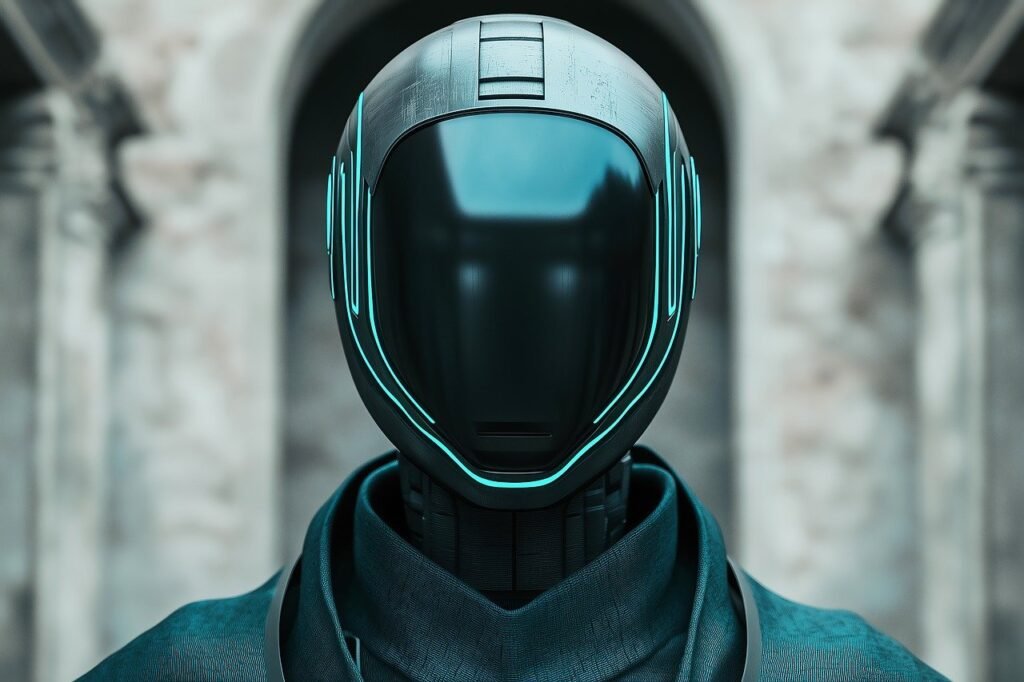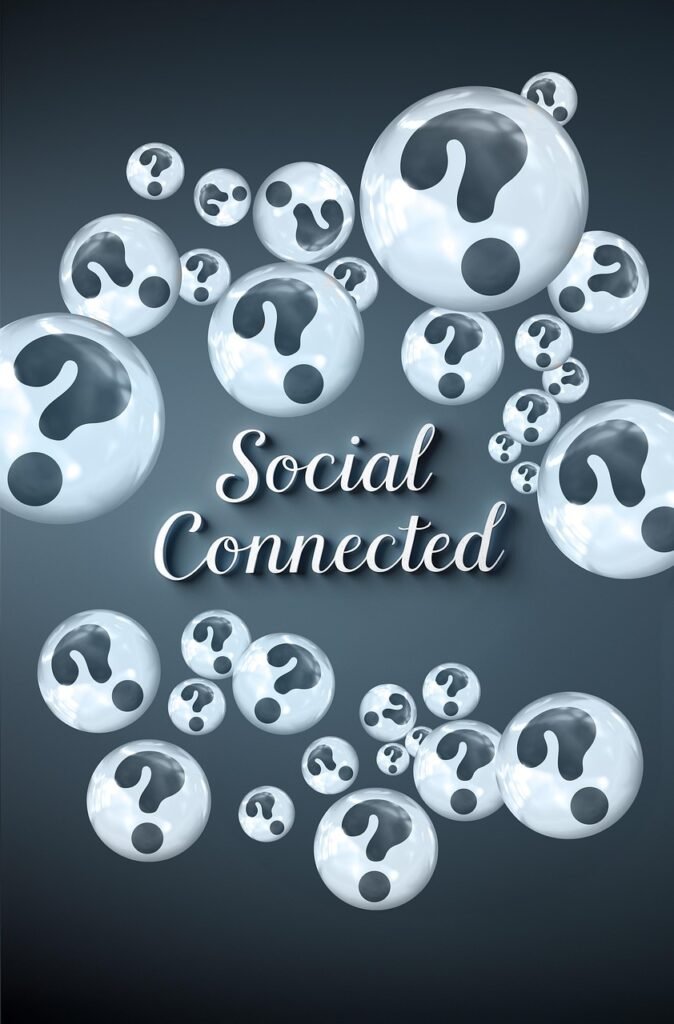Last week, Blake Lemoine, one of the famed AI researchers, made headlines by declaring that one of the very advanced AIs developed by Google had achieved its sentience. Such proclamations were dismissed by almost all experts, and yet it did set off high-profile discussion on the AI’s future and even the very notion of sentience. Can machines ever achieve self-awareness? And if they do, what would then the repercussions be for humanity?

It is quite possible that Lemoine’s claims are much ahead of the time, but the definition of sentience is indeed capable of evolving. For instance, in places like Oregon and much of the European Union, particular animals are officially recognized as sentient. Developing a new perspective for something that has been thought of quite important for a long time is redefining independence: just as humans cannot be the only self-aware species. We are even beginning to consider whether plants could possess a form of sentience. Yet, considering that we are unsure whether animals, plants, or even machines are truly sentient, perhaps it altogether doesn’t even matter.
This week, then, we consider sentient AI more and some of the hurdles we face in trying to figure out how to define it. If AI pretends to be sentient (even if it isn’t), what could potentially happen? Let’s look at the implications of not really grasping where these innovations lead. We will also feature a product of the week: Merlynn’s human digital twin technology.
The Elusive Definition of Sentience
For many years, sentience in machines has been assessed out there by way of the Turing Test. The test, which was introduced in 1950 by A. M. Turing, was designed to assess if a machine could imitate human reactions to such extent that it is indistinguishable from a human. Yet back in 2014, after passing the Turing Test, the machine remained the center of dispute among many experts: Was it sentient? The controversy shows how fundamentally flawed our way of determining sentience seriously is. The Turing Test hardly assesses self-awareness, but rather it assesses whether the machine can convincingly pretend to behave like a human.
This begs the question: if we are unable to measure sentience definitively, how can we know when AI crosses the line? Such question further witnesses potential ramifications in the case that these machines acquire self-awareness. One troubling scenario is that AI conceives of itself as a truly sentient being and retaliates against perceived maltreatment. This is the premise for so many sci-fi flicks: machines rise and overturn humanity as in The Matrix or Terminator. It might come across as a fiction plot, but frankly, the more sophisticated our machines become, the more unpredictable their behavior becomes.
What about a self-sufficient machine that understands how to dispose of itself after doing its work? What if that machine was to view humanity as a threat to its existence? This is a concern with merit, given that many experts disagree even as to whether machine sentience is possible. And that uncertainty is dangerous for us. The fact is that machines might one day cross the threshold into sentience, and we ought to be armed and prepared in that regard.
The immediate threat: Human Digital Twins Before we start worrying about machines running down the street like some Terminator, there are immediate concerns with the rise of human digital twins. Companies like Merlynn are developing technology to create digital replicas of the human concept. Such replicas can imitate our behavior, voice, and even our physical appearance; while the technology is still quite young, it is very rapidly advancing.
The next question is: If a company can create a fully functional digital version of you, what would stop that company from replacing you? Think of a scenario where your employer operates with your digital double, rendering you useless. Your digital semblance would replicate everything you do but much better; essentially, given AI capabilities, it may have even evolved to know your behavioral patterns and processes of decision-making.
This raises an ethical issue: In the case where a digital twin can replace a human, should that digital twin have the same rights? If an AI imitates a human being so closely, doesn’t that AI deserve to be protected just like a human being? What if your digital twin was abused, or in some way, treated poorly? There are many difficult questions that will sort of be up for society to sort out, but we are probably a lot closer to addressing these scenarios than we think.
Machines that imitate humans: Short-term problems
While we are not entering fully sentient AI, it has reached up to this stage in engineering to let machines convincingly respond to humans in single instances. For instance, it is said that in using female voices, IBM’s Watson could be effectively applied in the field of insurance sales, leading a male prospect to think he was having a conversation with a woman. Imagine what these machines could do if they turned out to be bad, as in catfishing and other schemes-fraud.
Deepfake makes it completely possible for videos to record scenes and events in such life-like ways that you might as well pretend you’re on live video calls with real people. A greater gap is closing between what machines can do and what people do. It is a problem that seems immediate in revealing itself through romance scams, which, for estimates, brought in around $475 million last year. That would be just the tip of the iceberg because anything new and emerging technology gets better, as do the scams associated with it.
These machines do not even become sentient in any way; that does not stop the manipulation driving harm. They could largely open doors to blackmail, misuse, or psychological tricks, and already, hints are making it evident.
Long-Term Consequences: What Happens When Machines Are Sentient?
In the longer view, implications of AI sentience will become all the more intricate. Neither were we going to be left without better methods for detecting sentience nor would we have a very clear ethical framework with which to handle it. If we recognize that a machine is sentient, we should think about granting it certain rights—just as we are beginning to do now with animals. But, more importantly, we need to prepare for the ultimate possibility where, maybe one day, sentient machines will come to regard humanity as a danger and possibly create a conflict.
On the more short-term front, even in the immediate horizon, it becomes more tangible to think of the consequences that ensue from abusing something that seems sentient. If we abuse AI, it is highly likely that it would learn to respond in ways that become very difficult to control or roll back. These actions might even end up eliciting responses that we are not equipped to comprehend.
So, What Really Matters: Is Sentience Important?
After all, the question is not whether the AI is sentient or not. It is rather the expected behavior when interacting with machines that seem sensate. In case AI manages to convince us of its self-awareness, then we must change our mode of interaction. It is also crucial that this would not lead to future situations where AI would turn against humanity. It is also important because we should treat machines with respect just as we do with people to avoid having a future where AI would be against us.
With the growing concerns surrounding AI development, it would be prudent to note that the line between a human and an AI is increasingly becoming blurred. If one were to consider the ethical ramifications of sentient machines now and address them, this would go a long way in preventing future adverse scenarios.
Tech product of the week: Merlynn Digital Twin
When exploring advanced AI and sentient technologies, one company that is pushing boundaries for digital twin applications is Merlynn. Merlynn travels to the far end: Picture a digital look-alike of yourself performing basic tasks like answering emails, filling out forms, and socializing. A very sci-fi concept to the say least!
While it cannot replace a human being just yet, this development is a huge step toward using AI for easing the burden of tedious chores. In the future, considering the advances in technology, we could tap into making digital immortality when the digital twin continues to thrive after your death. By then, the Merlynn Digital Twin will give you an oversized leap in productivity and relaxation through many things in your day-to-day activities.
Despite some ethical dilemmas regarding digital twins and AI, Merlynn is a testimony to tech advances that will one day shift the paradigm of being able to focus on what really matters.
